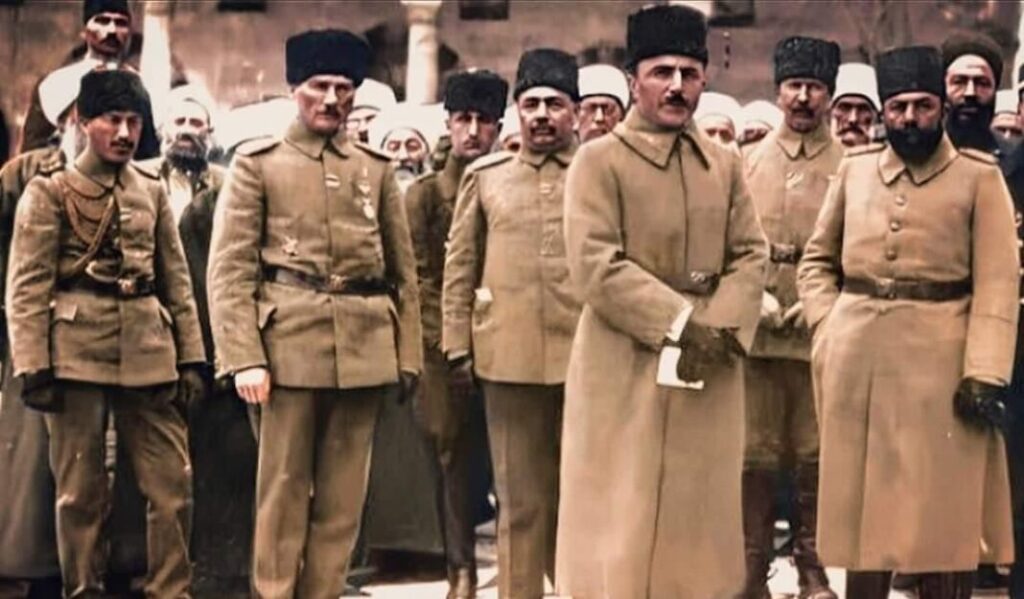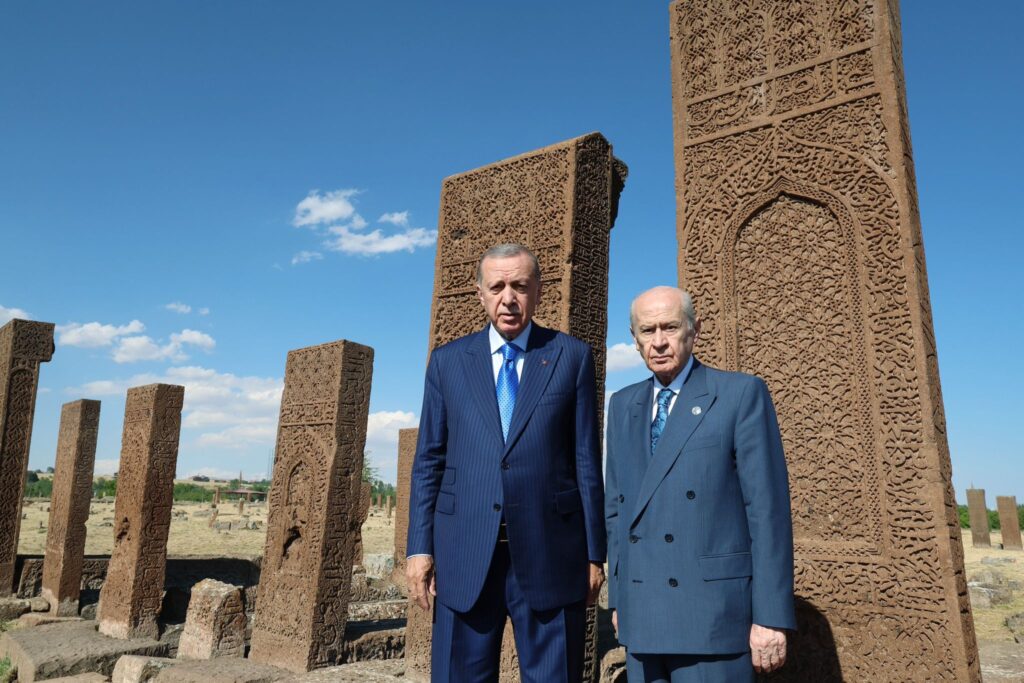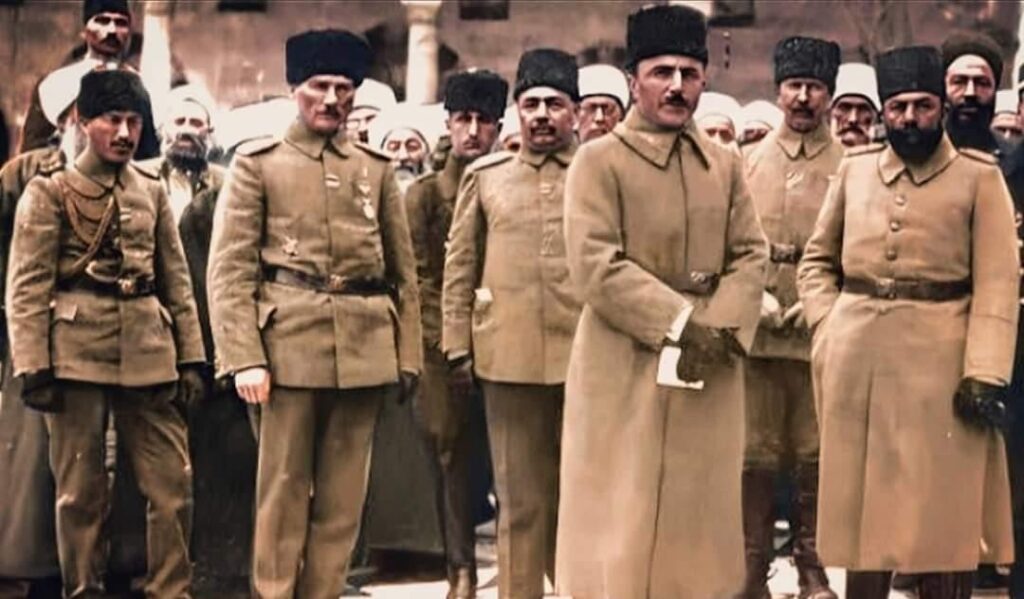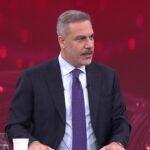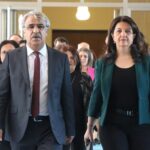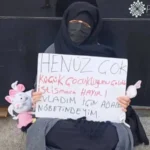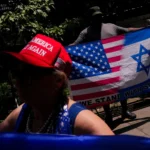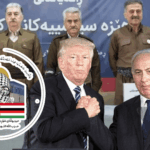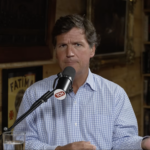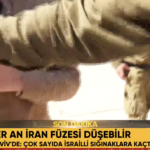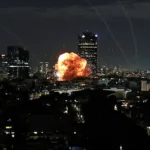The Turkish original of this article was published as
PKK ne yapıyor? on 26th November 2015.
Having opted for a common fate in both Syria and Turkey, today the PKK appears in both geographies to have locked on to the objective of “concluding the war with a multi-national peace.” The Syrian situation may have inspired the organization with the idea that this might be a realistic project. If in a particular region you foment a war which “cannot be brought to an end,” after a time the problem may become internationalized, at which point the lesser player in that war might stand to achieve disproportionately large gains. Now an attempt is being made to stage this project in Turkey. Hence the PKK’s objective is to provoke a civil war. To that end, it needs the active backing of the Kurdish people in the region. However, even those Kurds who normally support the organization have turned out to have more common sense and sound judgment. Therefore the PKK sorely needs the state to intervene in a way that can be described as “inhuman.” And since in that regard the government appears determined to behave with strict prudence, the organization has only one option left: provocation.
This, then, is the main function of the gangsterization that is called the YDG-H. This is what those barricades and ditches stocked with explosives are for. For there can be no other rationale for launching such actions in neighborhoods that are already run by HDP municipalities, where virtually everybody has been voting for this party. The PKK claims that this is a “popular resistance” where “patriotic” families are identifying with and backing self-government. Such propaganda is directed to inciting the West against Turkey. But the truth lies elsewhere. The term “patriotic” is used for those families who have already paid or are willing to pay a price for the sake of the PKK. It describes an attitude suffused with leftist idealism, turning victimhood into a moral value and Kurdishness into a policy of resistance. The YDG-H began with the PKK demanding at least one person from each and every family. But those were then sent on to Syria, and to replace them gangs were formed of much younger and already criminalized children. They have nothing whatsoever to do with that “patriotism” category. These gangs have come to lord it over even PKK families, appropriating their homes and money. From times when ordinary Kurds used to take flight from the state, we have come to a time when pro-PKK Kurds are fleeing the PKK.
Yet another part of this overall picture is being enacted on Kandil. As of now, around a thousand guerrillas are said to have made their back from the mountains. Most of their families are in Sur or similar county seats. The PKK keeps after them. It is issuing execution orders not only for those who have deserted, but also for their families who might not turn them in or otherwise try to protect them. Insofar as these families are seen as belonging to the PKK, they cannot turn to the state for help either. Theirs is a desperate situation.
These are people who, at a time when the state was making them eat human feces, abandoned their villages in order not to be forcibly conscripted as rural guards. As squatters in large cities’ peri-urban belts, they couldn’t prevent their daughters from turning to prostitution, but at the same time used that income to buy the medicine required by a younger son on Kandil. Damned on all sides, they have now turned into a wretched, destitute mass.
This local power struggle is also attracting circles close to the government to participate in this game. For at the end is the promise of money. While most families always keep feeling the heavy hand of the state, those with money find themselves in a relatively advantageous position vis-à-vis the courts and the security forces. Usury is on the way to becoming an entire industry, and it is being deliberately supported and promoted. In all these ways the region is gradually sinking deeper and deeper into joint decay.
What the PKK is doing or trying to do is fairly clear. In contrast, the political will of the state is still hugely lacking. They urgently need to develop a special policy for this Kurdish geography, to own up to it in a multi-dimensional way, and to advance courageously within a long-term perspective. Traditional state reflexes will earn no return whatsoever. The “old” state benefits only the PKK. Meanwhile the Kurds are looking for a “new” state to be of help to them.
Yazıyı beğendiysen, patronumuz olur musun?
Evet, çok ciddi bir teklif bu. Patronumuz yok. Sahibimiz kar amacı gütmeyen bir dernek. Bizi okuyorsan, memnunsan ve devam etmesini istiyorsan, artık boş olan patron koltuğuna geçmen lazım.
Serbestiyet; Türkiye'nin gri alanı. Siyah ve beyazlar içinde bu gri alanı korumalıyız. Herkese bir gün gri alanlar lazım olur.




